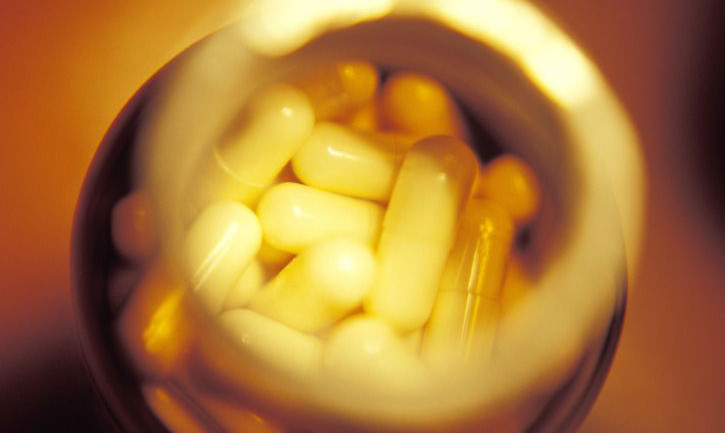
Millions of Brits are being wrongly diagnosed with depression when they are simply sad, according to a new report.
Anti-depressants are being dished out to people grieving loved ones, suffering sexual problems or even unable to sleep, claims a newly published scientific paper.
The number of people diagnosed with mental illness like depression has doubled since 2002. It is believed more than five million people are now labelled depressed or suffering anxiety in the UK.
Liverpool Unversity’s Professor of Primary Medical Care Chris Dowrick, claims in a new report that up to half of these patients have been misdiagnosed.
Writing in the British Medical Journal, the academic, who also works as a GP, said: “Over-diagnosis is now more common than under diagnosis.”
He has called for guidelines on diagnosing depression to be tightened and for pharmaceutical companies to be banned from marketing their drugs to GPs.
“Over recent decades there has been an increasing tendency, especially in primary care, to diagnose depression in patients presenting with sadness or distress and offer them anti-depressant medication,” he wrote.
“For GPs a diagnosis of depression may be an attractive instrument for managing uncertainty in the consulting room, especially as its commonest treatment comes in the form of a once-daily pill and is encouraged by clinical guidelines and indicators. But these pills won’t work for people with mild depression, or who are sad, but they have side effects and we are seeing patients becoming reliant on drugs they do not need.”
He added the problems began back in the 1980s, when qualifying symptoms for depression were lowered to include feeling sad, blue or down in the dumps for two weeks, or appetite change, sleep disturbance, drop in libido and tiredness.
Dr Dowrick went on to explain that these symptoms were so common that most people would have them at some point in their lives.
Despite extensive research and calls from health professionals for the classification system to be revised, though, the worldwide boom in the prescription of anti-depressants has soared. In the UK, sales of anti-depressants have increased at a rate of 10% every year. Dr Dowrick and his team said drug companies had a part to play in the problem of over-diagnosis. He criticised their strategies of marketing drugs for mild depression and anxiety, making them be seen as conditions that required medication.
He said: “Often doctors do not know how effective the drugs are because they do not have full and accurate information on the research carried out by the pharmaceutical companies.
“Drug companies should be stopped from marketing antidepressant medication to physicians,” he wrote.
However, mental health charities last night rejected his calls that depression is over-diagnosed.
Jenny Edwards CBE, Chief Executive of the Mental Health Foundation, said: “There is an increase in depression and anxiety that GPs are seeing because of the pressures people are facing from debt, unemployment and their effects on people’s relationships.
“Diagnosing this as mental illness can be a crucial first step to help people get help. However it is vital that more is done to support GPs to offer a wider choice than just medication. Talking therapies can be really helpful but the waiting times need to be slashed.”
On Friday, it was revealed that drugs companies routinely withhold results of clinical trials from doctors, leaving them poorly informed about how to treat patients.
The public accounts committee said it had “extreme concern” that pharmaceutical companies only published around half of completed trial results and are more likely to hide unfavourable results.
It called on the Government to make sure that full methods and results of all trials are opened up to wider scrutiny by doctors and researchers.

Enjoy the convenience of having The Sunday Post delivered as a digital ePaper straight to your smartphone, tablet or computer.
Subscribe for only £5.49 a month and enjoy all the benefits of the printed paper as a digital replica.
Subscribe